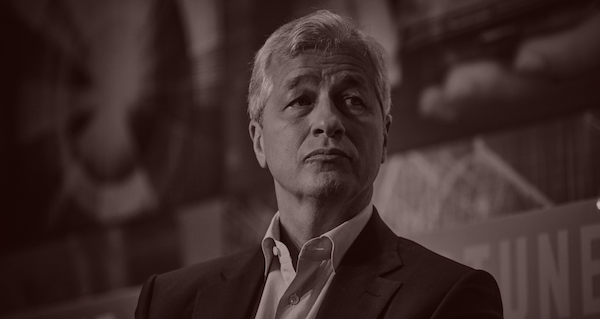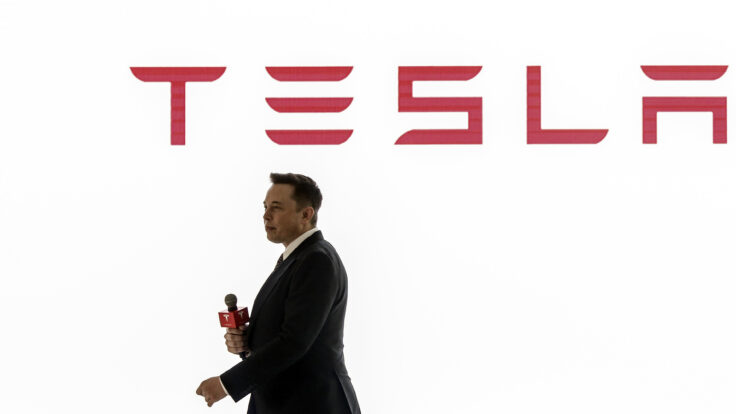|
Good afternoon,
I'm William D. Cohan, the author of six books and a former M&A banker. Welcome back to Dry Powder, my private email about what's really happening on Wall Street.
If you haven't yet had the chance, you'll need to subscribe to Puck to read my latest column in full. You'll also get access to all of my terrific colleagues, including Dylan Byers, whose deeply-sourced reporting on the possibility of Disney spinning off ESPN caused the company's stock to go haywire on Friday. That's just the kind of market-moving journalism and insider analysis that you can expect at Puck.
In the meantime, please enjoy this free preview of Dry Powder, regarding what I’m hearing about Microsoft's retreat in China, Bitcoin bear signals, James Gorman's bubble fantasy, and the lessons of Eddie Lampert, among other observations.
Regarding the most pressing questions on Wall Street and in my inbox. LinkedIn ceased operation in China this week. You’ve recently written at length about the anxiety over China’s business crackdown. Is LinkedIn’s decision cause for more alarm, or more of the same?
LinkedIn, owned by Microsoft, was among the last social media companies operating in China following President Xi Jinping’s so-called “regulatory crackdown.” But China apparently objected to the actual social-networking aspect of the social network, meaning, I suppose, the ability of one person to send messages and share opinions on the platform. To evade the “crackdown,” Microsoft has decided to keep the resumes and job bulletins, but shutter just about everything else. It seems to me that Microsoft got off kind of easy, anyway, given how annoying LinkedIn’s “social” features can be at times.
It’s another blow for American businesses in China, and American internet companies in particular, as Xi continues the process of closing the Middle Kingdom to the West. When I visited China five years ago, I was struck by how swiftly I lost access to the outside world—as soon as the door closed on the long China Airlines flight to Beijing, all internet access was cut off. Once in Beijing, there was no Twitter or Google, among an array of other websites that we take for granted. You can get by, of course, and many people use VPNs to do just that. It’s just different and not what Americans are used to, and there are no signs this policy will abate.
Jamie Dimon had some illuminating comments about crypto this week, essentially noting that he’s not buying the Bitcoin hype. Agree? Disagree? Is he talking his book?
Well, I think he may be talking his book in the sense that if things go the way the crypto zealots believe they will, a variety of financial transactions that used to go through his bank and the other big banks—sending money, paying bills, collecting yield—will no longer need Wall Street as an intermediary. At that point, crypto would be moving into the “currency” phase, from what now is described, charitably, as the “commodity” phase, and less charitably as the speculation phase.
More likely, Jamie doesn’t yet see the “use case” for crypto beyond speculation. I say this because...
FOUR STORIES WE'RE TALKING ABOUT Bob Chapek has asked some of his closest deputies to explore the strategic rationale for potentially decoupling from the sports network. DYLAN BYERS Glenn Youngkin is within a few points of becoming the first Republican statewide office-holder in 12 years. But he’s still obligated to genuflect to the Trump base. PETER HAMBY The streamer's rationale for defending Chappelle’s transphobic routine has deepened an internal crisis that is not going away. MATTHEW BELLONI Most financial projections are rosy, as Wall Street well knows. But winning the case may prove more troublesome than having opened it at all. WILLIAM D. COHAN
|
-
Join Puck
Directly Supporting Authors
A new economic model in which writers are also partners in the business.
Personalized Subscriptions
Customize your settings to receive the newsletters you want from the authors you follow.
Stay in the Know
Connect directly with Puck talent through email and exclusive events.











